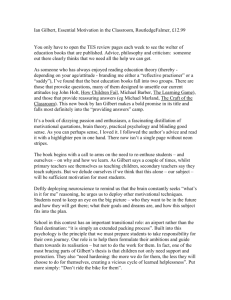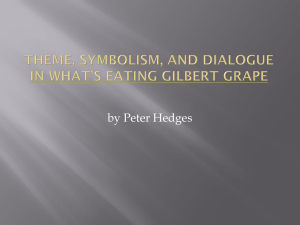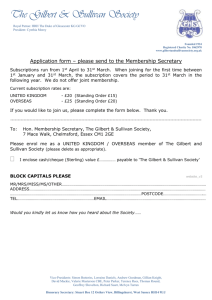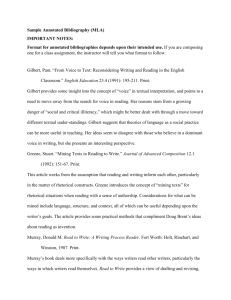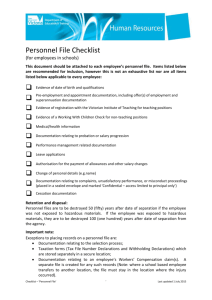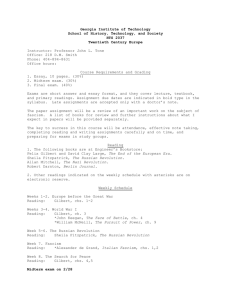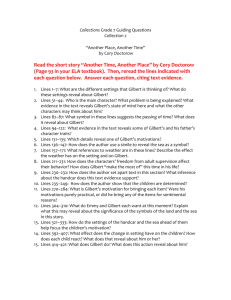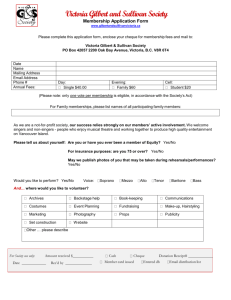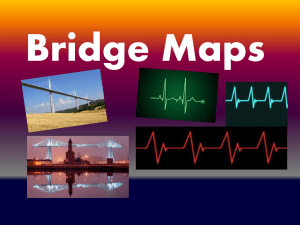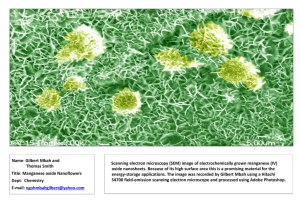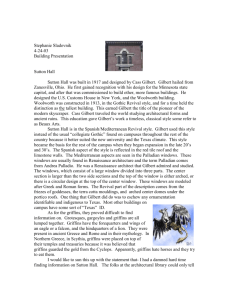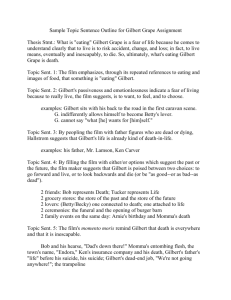Societal changes in the `knowledge society` and theoretical
advertisement
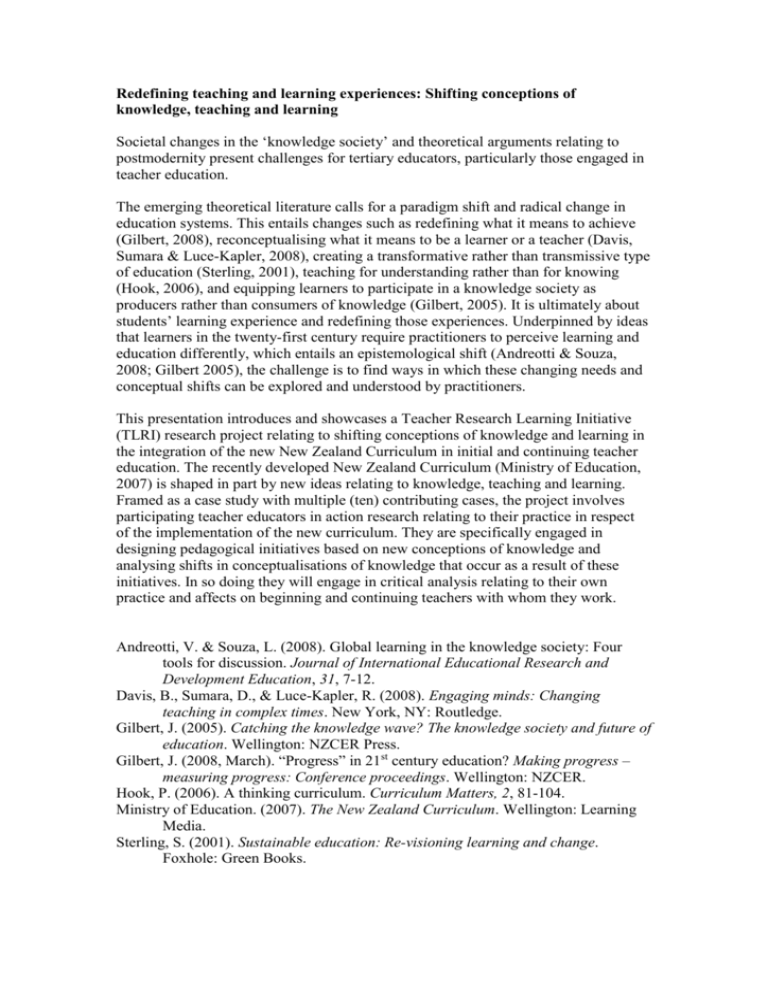
Redefining teaching and learning experiences: Shifting conceptions of knowledge, teaching and learning Societal changes in the ‘knowledge society’ and theoretical arguments relating to postmodernity present challenges for tertiary educators, particularly those engaged in teacher education. The emerging theoretical literature calls for a paradigm shift and radical change in education systems. This entails changes such as redefining what it means to achieve (Gilbert, 2008), reconceptualising what it means to be a learner or a teacher (Davis, Sumara & Luce-Kapler, 2008), creating a transformative rather than transmissive type of education (Sterling, 2001), teaching for understanding rather than for knowing (Hook, 2006), and equipping learners to participate in a knowledge society as producers rather than consumers of knowledge (Gilbert, 2005). It is ultimately about students’ learning experience and redefining those experiences. Underpinned by ideas that learners in the twenty-first century require practitioners to perceive learning and education differently, which entails an epistemological shift (Andreotti & Souza, 2008; Gilbert 2005), the challenge is to find ways in which these changing needs and conceptual shifts can be explored and understood by practitioners. This presentation introduces and showcases a Teacher Research Learning Initiative (TLRI) research project relating to shifting conceptions of knowledge and learning in the integration of the new New Zealand Curriculum in initial and continuing teacher education. The recently developed New Zealand Curriculum (Ministry of Education, 2007) is shaped in part by new ideas relating to knowledge, teaching and learning. Framed as a case study with multiple (ten) contributing cases, the project involves participating teacher educators in action research relating to their practice in respect of the implementation of the new curriculum. They are specifically engaged in designing pedagogical initiatives based on new conceptions of knowledge and analysing shifts in conceptualisations of knowledge that occur as a result of these initiatives. In so doing they will engage in critical analysis relating to their own practice and affects on beginning and continuing teachers with whom they work. Andreotti, V. & Souza, L. (2008). Global learning in the knowledge society: Four tools for discussion. Journal of International Educational Research and Development Education, 31, 7-12. Davis, B., Sumara, D., & Luce-Kapler, R. (2008). Engaging minds: Changing teaching in complex times. New York, NY: Routledge. Gilbert, J. (2005). Catching the knowledge wave? The knowledge society and future of education. Wellington: NZCER Press. Gilbert, J. (2008, March). “Progress” in 21st century education? Making progress – measuring progress: Conference proceedings. Wellington: NZCER. Hook, P. (2006). A thinking curriculum. Curriculum Matters, 2, 81-104. Ministry of Education. (2007). The New Zealand Curriculum. Wellington: Learning Media. Sterling, S. (2001). Sustainable education: Re-visioning learning and change. Foxhole: Green Books.
